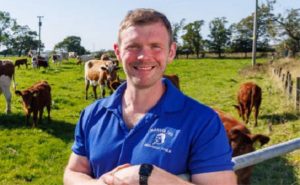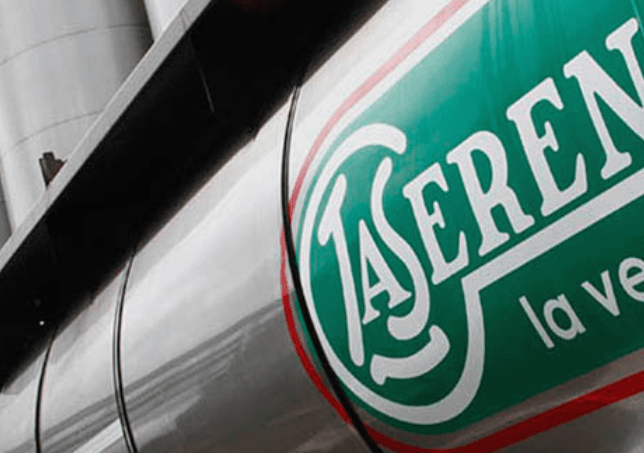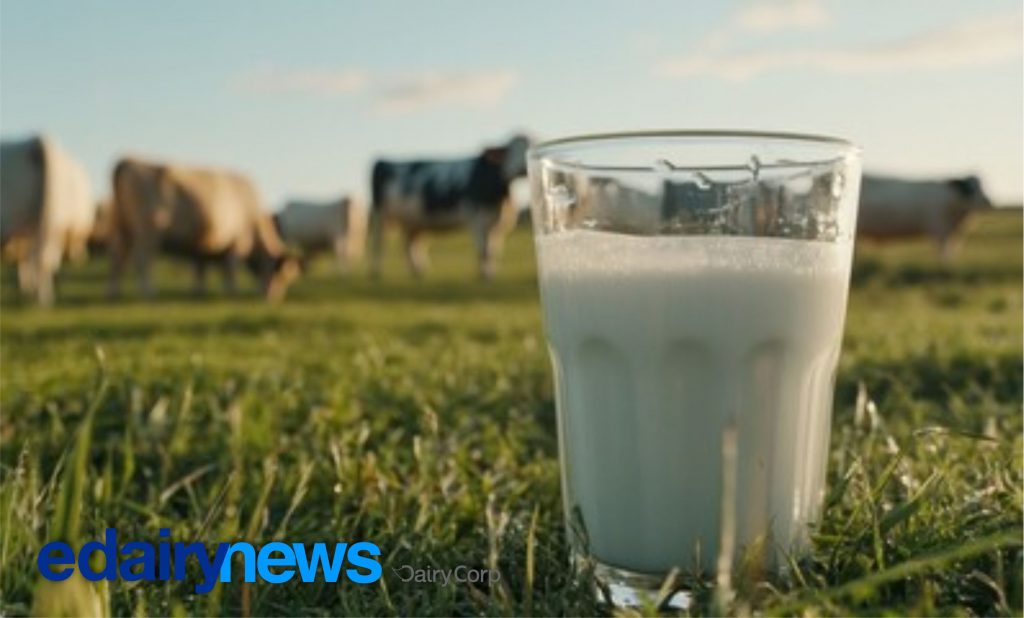Broomfield-based Horizon Organic has for the past six months been pushing to understand the carbon dioxide emissions across its supply chain — from raising and milking cows to distributing cartons of milk — and find ways to reduce them.
It set an ambitious goal. Not just to reduce Horizon Organic’s carbon footprint, but to become “carbon positive” within five years and make the national dairy brand’s multibillion-dollar operation remove more carbon dioxide from the atmosphere than it emits.
“Horizon was a pioneer in organic dairy practice 30 years ago, and we’re looking to be a pioneer in the future of sustainable dairy,” said Deanna Bratter, director of public benefit and sustainable development for Danone North America, the parent company of Horizon Organic.
Being carbon positive would be a considerable feat for a dairy operation of any size, but especially for one with more than 600 dairy farm suppliers, 13 milk plants and a nationwide distribution network.
Milk production ranks among the largest commercial sources of carbon dioxide emissions.
That’s mostly due to the methane cows produce as they digest food. Methane is a powerful greenhouse gas.
A hallmark study of the global climate impact of dairy by the United Nation’s Food and Agriculture Organization concluded dairy production contributed 2.7% of human-caused greenhouse gas emissions worldwide. The production cycle of each carton of milk in the United States — from grain raised as feed to the trucking of milk to stores, and everything in between — resulted in nearly three pounds of carbon dioxide equivalent emissions being released into atmosphere, the U.N. study found.
Horizon Organic launched its initiative to become carbon positive by 2025 in the spring and assessed the carbon footprint of its milk production. It’s not yet releasing the numbers.
More than two-thirds of the carbon produced in Horizon Organic’s dairy operations are on-farm emissions, Bratter said.
The company has so far enrolled dairies with more than 11,000 acres of pasture in its program encouraging regenerative soil practices and modified manure management to reduce methane releases.
The company has committed to fund at least $1.5 million per year in grants and loans to Horizon Organic dairy farmers to help them determine the best carbon dioxide reduction and sustainability strategies.
The company believes it can get a 10% to 15% emissions reduction from each of its suppliers’ farms, Bratter said.
The vast majority of Horizon Organic’s carbon reduction will come through buying carbon offsets — funding tree-planting, grassland restoration and other nature-based domestic efforts that remove carbon dioxide from the air, she said.
Horizon Organic believes being able to show it is carbon positive will help consumer loyalty, and it will help protect dairy farmers from being hurt by a more volatile climate, Bratter said
“We have always pushed further,” she said. “We’re trying to make sure we’re building resilience in our supply chain so that there are family farmers we can continue to work with in the future.”












